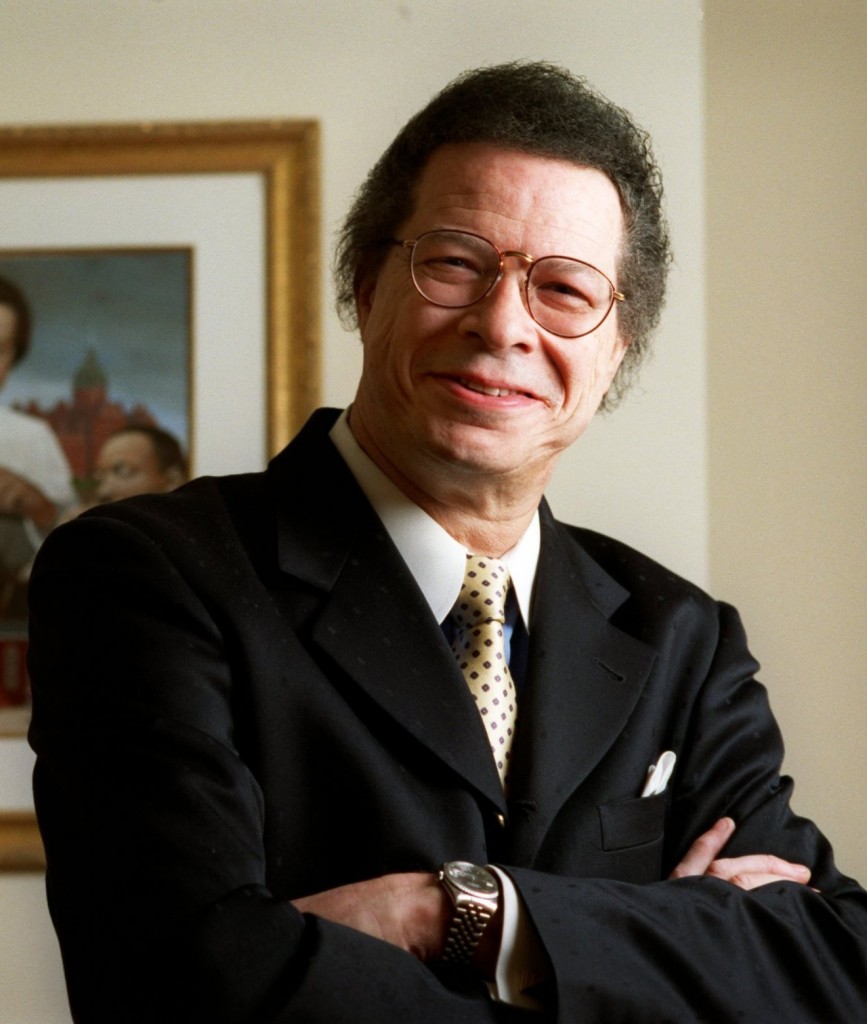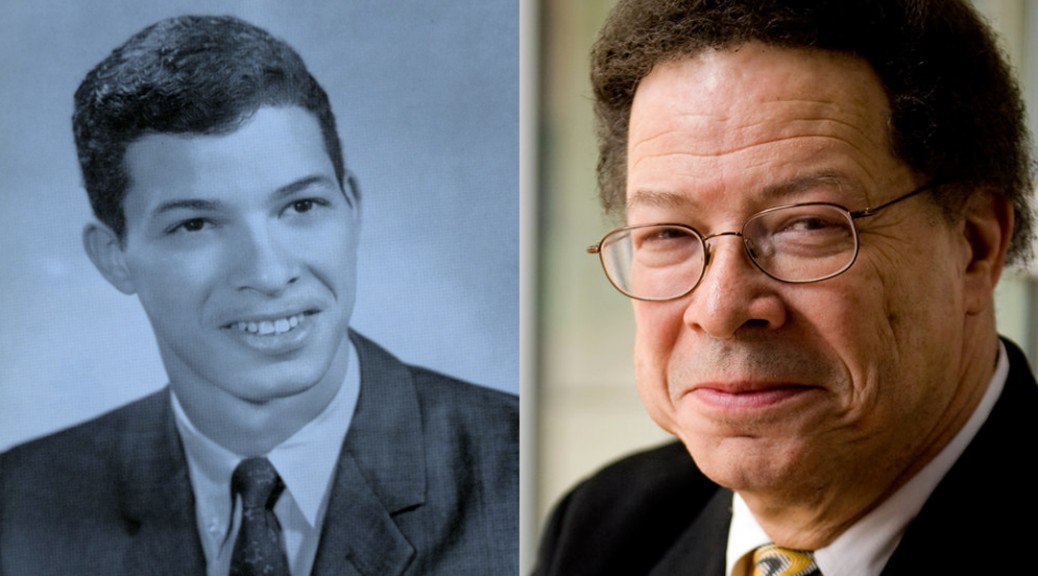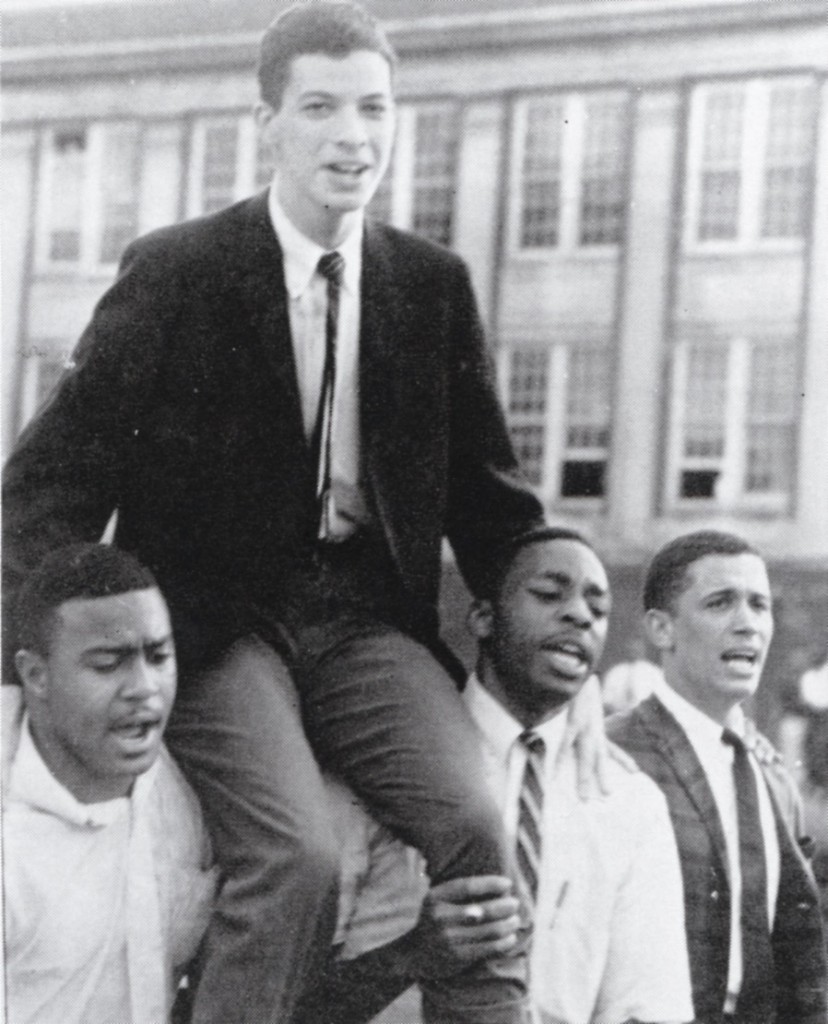Tennessee State University holds memorial service Monday, April 27

NASHVILLE, Tenn. (TSU News Service) – Word of the death of one of the most prominent cardiac surgeons in the world sent a shock wave of emotions throughout the medical community when Dr. Levi Watkins Jr., passed from a massive heart attack April 11. Watkins was 70.
Dr. Watkins, a TSU alum, was not only a renowned surgeon, but also a civil rights and political activist who broke through racial barriers. He was the first African American admitted to Vanderbilt Medical school, the first surgeon to successfully implant an automatic heart defibrillator in a human patient, and a civil rights pioneer who helped fling open medical school doors to hundreds of students who had been excluded — as he had once been — because they were black.

“Dr. Watkins changed the world with his passion for medicine,” said TSU President Glenda Glover. “He not only impacted the field of medicine, but he also inspired African-Americans to become doctors as he broke down the color barrier at two of the nation’s leading medical institutions. TSU will always remember his service to others, professional achievements, and dedication to his alma mater. He leaves a tremendous legacy that will surely inspire our students and others that follow in his footsteps.”
Born in Parsons, Kansas and the third of six children, Watkins made his way to Nashville by way of Memphis, Tennessee, to attend then Tennessee A&I State University where he majored in biology. Watkins was listed in the Who’s Who in American Universities and Colleges, was the president of the Student Council from 1965-66, and national vice president of Alpha Kappa Mu Honor Society. He was a member of the Beta Kappa Chi Scientific Society, Alpha Phi Alpha Fraternity, and the University Counselors.
Upon hearing the news of the passing of his friend of more than 50 years, Richard Sinkfield, now a lawyer in Atlanta, said he was greatly saddened and shocked, but privileged and blessed by his life, and times they shared.

Sinkfield, who graduated in 1968 with a Bachelor of Science degree in Political Science from TSU, first met Watkins during his freshman year when the fraternity, Alpha Phi Alpha, considered Watkins for membership.
“My fraternity brothers determined Levi would be a prime candidate for Student Council President three years before he would be eligible to run as a junior,” Sinkfield said. “He was selected to run and I was privileged to be a part of his campaign team. I placed his name in nomination for president of the student council at the convention, and Levi was elected.”
Their paths would continue to cross throughout the next five decades, even serving together as members of the Board of Trust at Vanderbilt University. Sinkfield said that Watkins was remembered at its most recent meeting shortly after his death, for his history-making admission to Vanderbilt Medical School, his pioneering contributions to the practice of cardiology and the leadership that he provided on the Board of Trust as Chair of the Academic Affairs Committee, among other things.
But for all his accolades, Sinkfield added that Watkins never mentioned his own accomplishments, but maintained a laser like focus on issues related to civil and human rights and diversity.
“He was a very humble man,” Sinkfield said. “Our lives are much improved by the life that Levi lived. We must be diligent to carry on his passion for excellence and the betterment of all humanity.”

Obie McKenzie, managing director of BlackRock Inc., another classmate while Watkins attended Tennessee State, remembered his friend and fraternity brother as “a great man and inspiration to many.”
“I kept thinking about my old friend and seeing his ‘then” lean frame at a lectern when we were back at Tennessee State many years ago and he was student body president,” said McKenzie. “An inspiration, I would also become SGA president. The world was a better place because he was here. My heart will miss him.”
Barbara Murrell, who returned to TSU in 1965 as Director of Student Activities after graduating in 1960, remembered her lifelong friend, as a humble and giving man.

“Dr. Watkins established the Robert N. Murrell (her husband) Scholarship fund in 1986 and had consistently supported it financially over the years,” she said. “He was a dear friend and he will be missed by all.”
After graduating with honors and at the urging of one of his biology professors at the University, Watkins applied and made history at Vanderbilt University, where he became the first African-American to study and graduate from the school with a medical degree. It was an experience he described over the years as “isolating and lonely,” but would be the first of many milestones. He learned he was accepted at Vanderbilt from a headline in a Nashville newspaper, and was still the only black enrolled there when he graduated in 1970.
Dr. John Tarpley, professor of Surgery and Anesthesiology at Vanderbilt University Medical Center, remembered his friend and colleague when they first met in 1966 as two of 54 students going through medical school. Tarpley recalled how it wasn’t easy for Watkins as he broke down yet another barrier as the first African-American student admitted to the school.

“Levi was an excellent student,” said Tarpley. “ His initial year was not so easy, in part, because of taunts he on occasion received in the dorms. He dealt with any discrimination there and elsewhere; he earned the respect of all at the medical school including faculty and students.”
After graduating from Vanderbilt, Dr. Watkins started a general surgery residency at Johns Hopkins Hospital in 1970, where he became the first black chief resident of cardiac surgery. He left Baltimore for two years to conduct cardiac research at Harvard Medical School before returning to Johns Hopkins.
In 1980, Watkins gained renown for implanting the first automatic heart defibrillator in a patient suffering from repeated, life-threating episodes of ventricular fibrillation, or irregular heartbeats. Such a procedure now is commonplace, saving untold lives annually.
“His spirit lives on in the three million patients around the world whose hearts beat in a normal rhythm because of the implantable defibrillator,” said his brother, Donald Watkins, according to a statement posted on the American Heart Association website.
Watkins received honorary degrees from Morgan State University, Spelman College, Meharry Medical College, and Sojourner-Douglass College. He was nominated twice for the Nobel Peace Prize for his contributions to the medical field.
He received the Thurgood Marshall College Fund award for excellence in medicine in 2010.In 2013, Watkins retired from John Hopkins after four decades.
He is survived by brothers Donald V. Watkins Sr., and James Watkins, sisters Annie Marie Garraway and Doristine L. Minott, and several nieces and nephews.
Tennessee State University will hold a memorial service on Monday, April 27 at the University. The service takes place at 10 a.m., in the Forum Auditorium of the Floyd-Payne Campus Center. General parking will be at the Gentry Center Complex with shuttle service provided.
Following the service, a showing of Dr. Watkins performing the first surgery of the automatic implantable defibrillator at Johns Hopkins from the Discovery Channel will be available for viewing.
Tennessee State University
3500 John Merritt Boulevard
Nashville, Tennessee 37209
615.963.5331
About Tennessee State University
With more than 9,000 students, Tennessee State University is Nashville’s only public university, and is a comprehensive, urban, co-educational, land-grant university offering 45 undergraduate, 24 graduate and seven doctoral programs. TSU has earned a top 20 ranking for Historically Black Colleges and Universities according to U.S. News and World Report, and rated as one of the top universities in the country by Washington Monthly for social mobility, research and community service. Founded in 1912, Tennessee State University celebrated 100 years in Nashville during 2012. Visit the University online at tnstate.edu.



